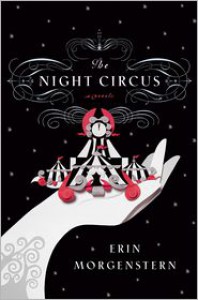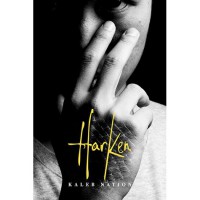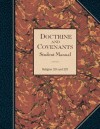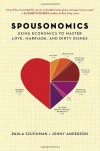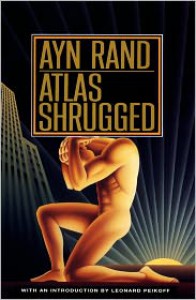
The thing that really got me to read this book was a) I thought Rory Gilmore read it (she actually read The Fountainhead though) and b) the back of the book says "This is the story of a man who said that he would stop the motor of the world—and did." How cool does that sound? Take all the elements you know of in good YA dystopian, and it's grown up in Atlas Shrugged. Plus there's some beautiful romance and a little mystery, too.The writing is more accessible than I thought it would be. I was expecting it to be a very long, philosophical lecture but it turned out to be an interesting narrative with a strong plot and well-rounded characters that almost jump off the page with life. In the afterward of the book, Ayn believed in sharing her ideas through fiction so people could really see it in action. She uses a lot of irony to show her ideas that was fun to read. Ayn seriously writes the best ironic statements. I also like how she describes people talking. She always gives it an interesting tone and a feeling.The scary thing about this dystopian book was how close we could be to living in a world like this. There are a few characters that still believe in capitalism, but the rest of the world has moved to extreme socialism. And the arguments of the characters that believe in socialism are things I hear all the time."We can't help it if we're up against destructive competition of that kind. Nobody can blame us."-Ayn Rand, Atlas Shrugged pg.10Dagny is Rand's vision of capitalism personified. She's tough, doesn't take anyone's crap, she makes decisions based on facts and not feelings and she finds joy in her work. Dagny is a strong heroine who literally stands up to the rest of the world. She doesn't cave to peer pressure and she is never ashamed of what she believes. Her brother Jim is the ultimate cess-pool of humanity. He cares too much about what others think and wants to sacrifice the public good for "the little guys." The socialist characters are often referred to as "looters." Their way of life is dependent on making the strong feel guilty and responsible for the weak. No character embodies this quite like the capitalist Rearden's passive-aggressive wife. The book is constantly contrasting the capitalist and the socialist characters. The capitalists are proactive while the socialists are reactive. The socialists insist on limiting oil production (to help the "little guys"), for example, and then complain that there is a shortage. Sometimes I just wanted to strangle all of them. Finally, the character that I really loved was the yummy and handsome anti-hero, Francisco.The best part of Ayn's irony is the language she uses. She constantly uses words like love, charity and helping others to describe socialism. The words that she uses to describe capitalism are "selfish, unfeeling, and dog-eat-dog." The capitalist characters are unapologetic about wanting to make money and work. And yet with her use of irony, you start to like the capitalist characters though they are blunt and the socialist characters after a while seem like lazy jerks despite constantly talking about their caring and love for others (which they seem rather prideful about). No matter what language she uses to dress them up, you eventually see them for what they are. After a while you start to realize that communism is nothing more than feeling entitled to what others earn and that's a disturbing thought.The pace really takes a nose-dive in part 3. Parts 1 and 2 moved along at a good pace, but part 3 was so hard to get through. Usually the end of the book is the most interesting, but for some reason Ayn decides to almost completely remove any conflict at the beginning of Part 3 which made the story drag and then move into an extremely long philosophical lecture before the end of the book. By the end of that long lecture, I felt like I was being beaten over the head with her beliefs. I get it Ayn. I really get it. I'm ready for the story to more on now. Also, the controversy comes into this book towards the end where she insists that you can't be a rational person and believe in God which I don't think is true. After reading her biography, I can see why she believes the things she does and I don't judge her for it, I just don't agree with everything she says.I'm inclined to think that people who practice self-interest to the extreme are more likely to become Scrooges than like the heroes in her book. While the looters can easily sacrifice the strongest among them, a person only interested in himself can just as easily sacrifice those below him to get what he wants. This is something that she doesn't bring up and kind of skims over. What I got from her philosophy was the value of being more objective in our lives, but I don't think it's a balanced way of life to be objective 100% of the time. Overall, I liked this book for the plot, characters, and story but I wasn't sold on her philosophy which I disagreed with.This book is also reviewed on my blog Books: A true story
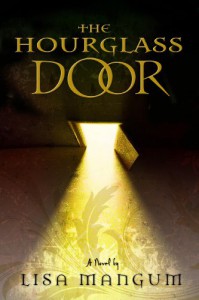
 3
3
 2
2



